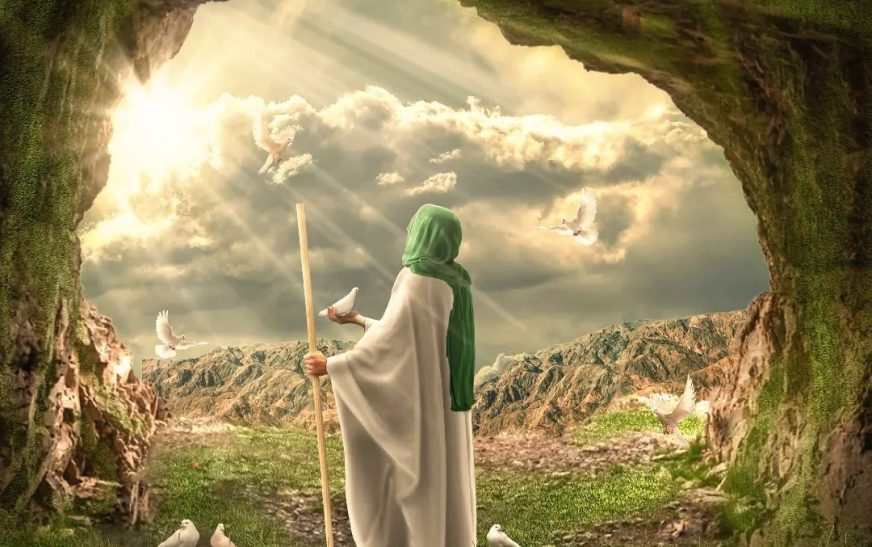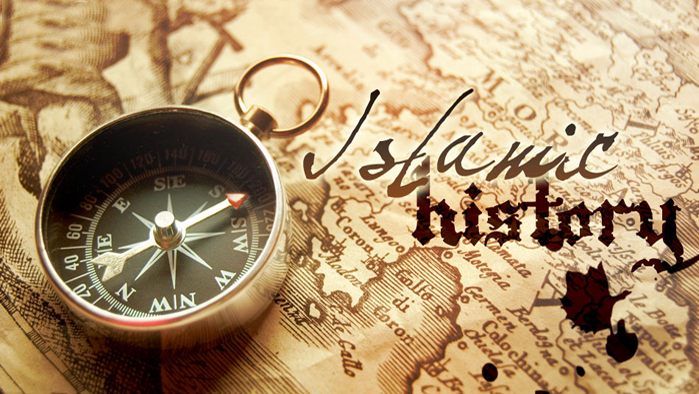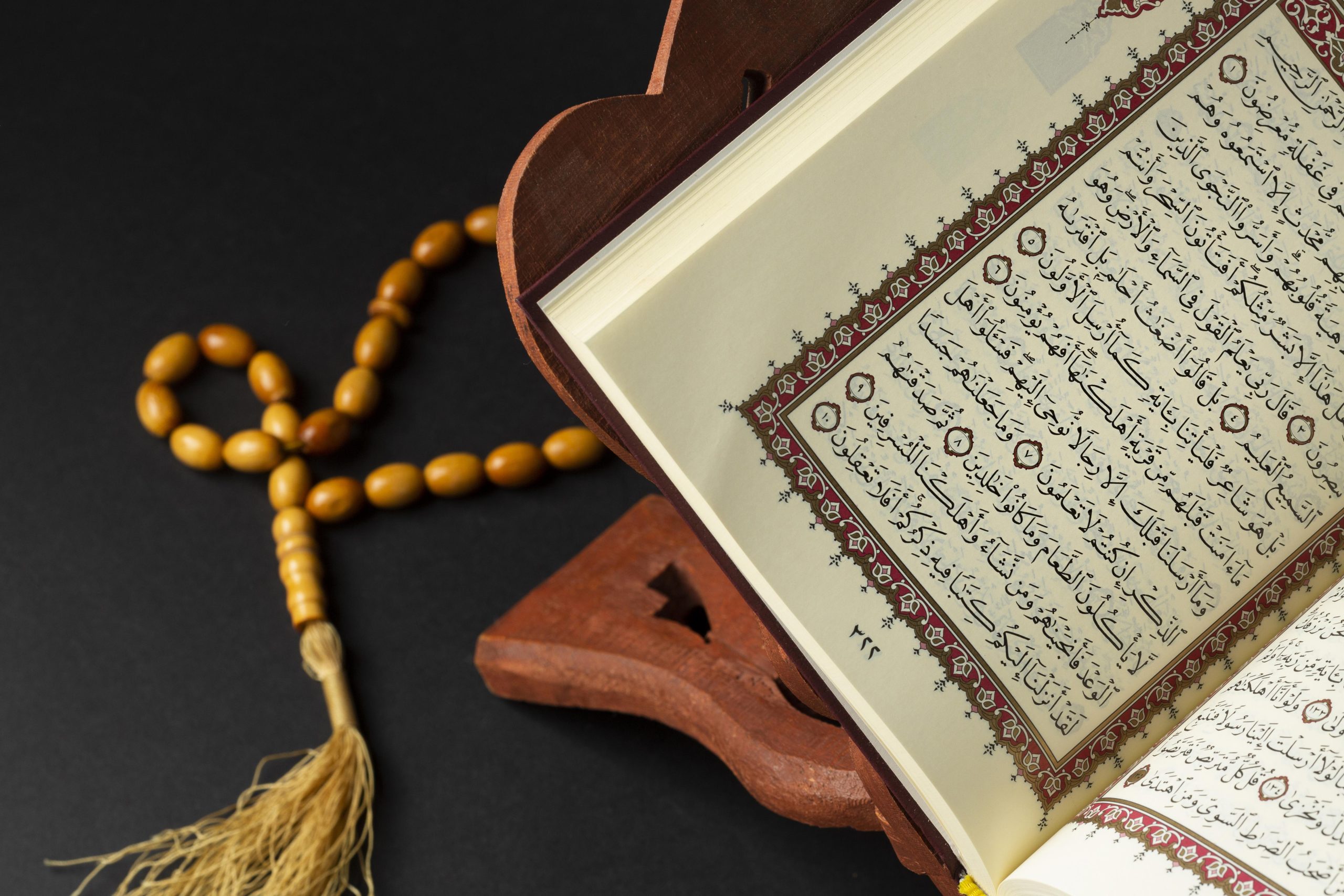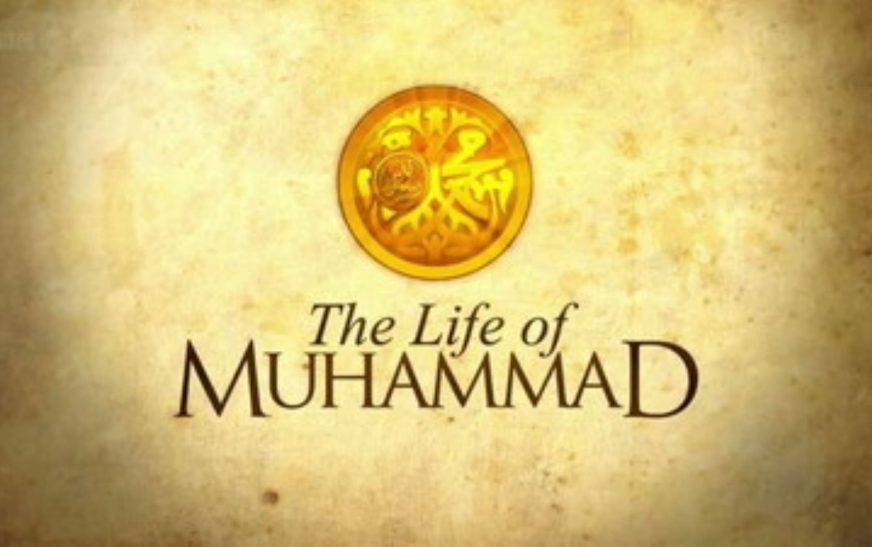The life story of Prophet Muhammad (peace be upon him) is a testament to resilience, faith, and unwavering dedication to spreading the message of Islam. Born in Mecca in 570 CE to the esteemed Quraysh tribe, Muhammad experienced early hardships, including the loss of his parents and being raised by his grandfather and later by his uncle, Abu Talib. As a young man, Muhammad gained a reputation for honesty, integrity, and wisdom, earning the title “Al-Amin” (the trustworthy) among his peers. His role as a successful trader and his marriage to Khadijah, a respected businesswoman, provided stability and support as he embarked on a spiritual journey marked by deep introspection and a quest for truth.
At the age of 40, Muhammad received the first revelation from Allah through the Angel Gabriel while meditating in the Cave of Hira.
This transformative experience marked the beginning of his prophethood and the mission to convey the message of monotheism, social justice, and moral righteousness to humanity. Despite facing opposition and persecution from the Meccan elites, Muhammad remained steadfast in his mission, seeking refuge in Medina and establishing a cohesive Muslim community based on principles of brotherhood, justice, and mutual support.
Throughout his life, Muhammad exemplified compassion, humility, and forgiveness, even towards those who opposed him. His leadership during times of conflict and adversity showcased his ability to unite diverse communities under the banner of Islam, emphasizing the importance of tolerance and peaceful coexistence.
The Treaty of Hudaybiyyah in 628 CE, which secured a truce between the Muslims and the Quraysh, demonstrated Muhammad’s diplomatic skills and commitment to resolving conflicts through peaceful means. The conquest of Mecca in 630 CE marked a turning point, as Islam was established in its birthplace, and years of persecution came to an end.
Muhammad’s final pilgrimage and Farewell Sermon emphasized principles of equality, justice, and compassion, leaving a lasting impact on his followers. His passing in 632 CE marked the end of an era but heralded the beginning of a global movement that would shape the course of history. The life story of Prophet Muhammad continues to inspire millions worldwide, serving as a beacon of guidance and a source of strength for those striving to live a life of faith, integrity, and service to humanity. His legacy transcends time, reminding us of the power of resilience, compassion, and unwavering belief in the face of adversity.
The Prophet Muhammad (ﷺ): A Tapestry Woven with Faith and Transformation:
Prophet Muhammad’s (ﷺ) life story, unfolding across the sands of 7th-century Arabia, is a captivating tapestry woven with threads of unwavering faith, resilience in the face of hardship, and the birth of a religion that would forever alter the course of history. Let’s embark on a journey through this pivotal figure’s remarkable life, exploring the key events that transformed him into a guiding light for millions.
Early Years Forged in Resilience:
Born into the prominent Quraysh tribe in Mecca around 570 CE, Muhammad’s (ﷺ) early years were marked by profound loss. Orphaned before birth and losing his mother at a young age, he faced challenges from the very beginning. Yet, he found solace and support in the care of his grandfather and uncle, fostering a spirit of resilience within him.
Earning the Title of “The Trustworthy”:
Despite his challenging beginnings, Muhammad (ﷺ) distinguished himself with his unwavering honesty and trustworthiness. He earned the esteemed title of “al-Amin” (the faithful) – a testament to his impeccable character and the high regard he held in Meccan society. This reputation for integrity would later become a cornerstone of his message, as trust would be the foundation upon which his teachings would be built.
A Life of Work and Exploration:
Taking on various roles, primarily as a shepherd and merchant, Muhammad (ﷺ) gained invaluable life experiences. His travels along trade routes exposed him to diverse cultures, allowing him to witness firsthand the social disparities of the time. These experiences may have ignited a yearning for a more unified and compassionate society, where justice prevailed.
A Divine Revelation: The Call to Prophethood:
At the age of 40, a pivotal moment forever altered the course of his life. According to Islamic tradition, he received a revelation from God through the Angel Gabriel in a cave near Mecca. This marked the beginning of his prophethood and the transmission of the Quran, the holy book of Islam, believed to be the direct word of God.
Spreading the Message: Facing Persecution with Courage:
Muhammad (ﷺ) began preaching a message that challenged the existing polytheistic practices of Mecca. He advocated for monotheism, social justice, and compassion for the marginalized. This revolutionary message met with resistance, and he and his followers faced persecution and ridicule. They were ostracized, threatened economically, and some even faced violence.
Building a Community Rooted in Justice:
In Medina, Prophet Muhammad (ﷺ) established the first Islamic state based on the principles of justice, equality, and religious tolerance. He forged alliances with local tribes and led the Muslim community in defending itself against attacks from Mecca. This period witnessed the development of core Islamic practices like prayer and fasting.
A Triumphant Return and a Final Farewell:
After several years of conflict, the Muslims entered Mecca peacefully in 630 CE. This victory marked a turning point in Arabian history and the triumph of Islam. Two years later, Prophet Muhammad (ﷺ) led the Farewell Pilgrimage, establishing the rituals and practices for Hajj, a central pilgrimage for Muslims to Mecca. During this pilgrimage, he delivered his final sermon, emphasizing core Islamic values: equality, justice, and the importance of righteous living.
A Legacy of Peace and Mercy:
Prophet Muhammad’s (ﷺ) life serves as a model for Muslims worldwide. His teachings on compassion, justice, and submission to God continue to shape Islamic practice and inspire millions. He is revered as a messenger of peace and mercy, not just for Muslims, but for all humanity.
Note: (ﷺ) signifies the Islamic expression of peace and blessings upon the Prophet Muhammad.
This revised version uses stronger verbs, more descriptive language, and varied sentence structures to create a more engaging narrative. It also emphasizes the challenges and triumphs that shaped Prophet Muhammad’s (ﷺ) life.










